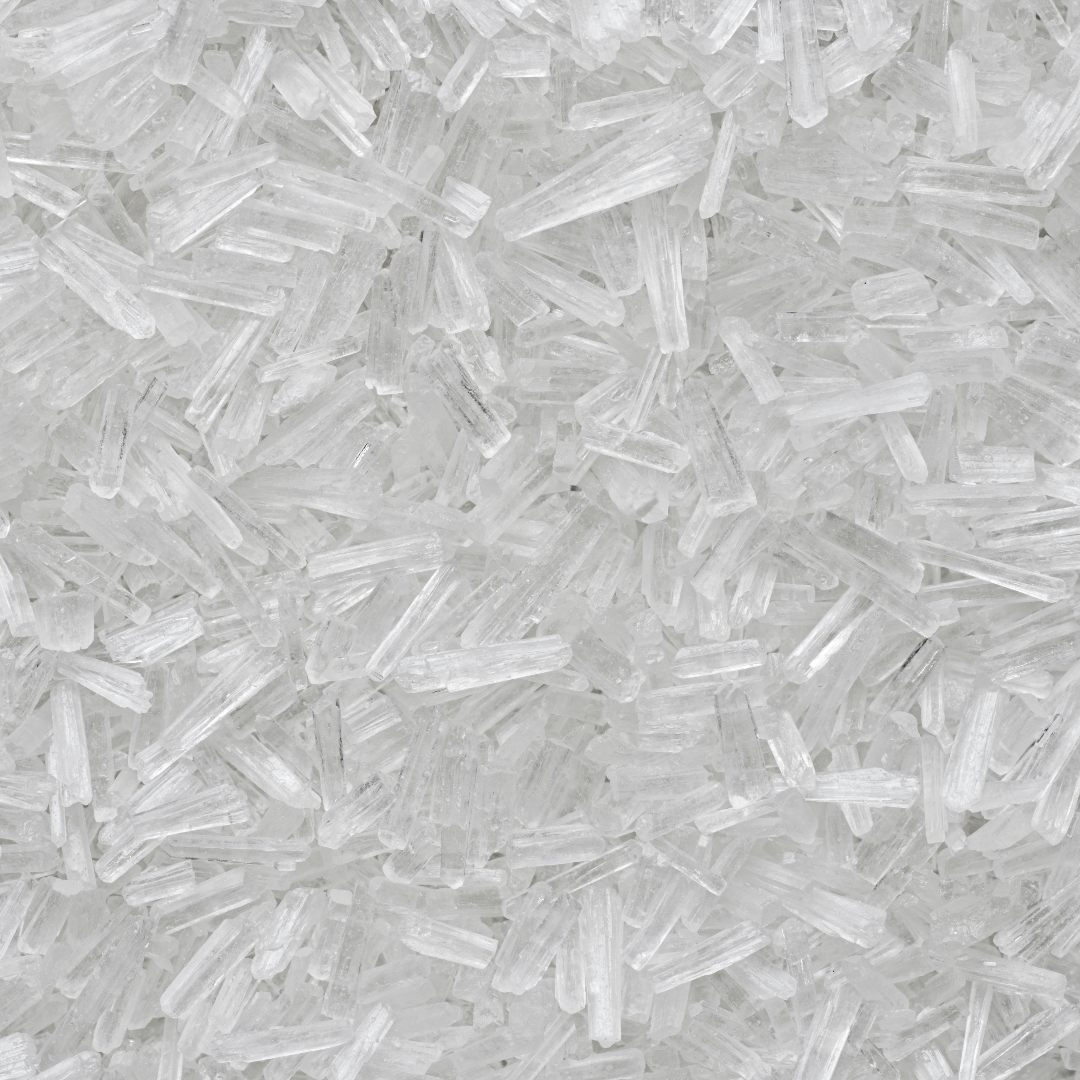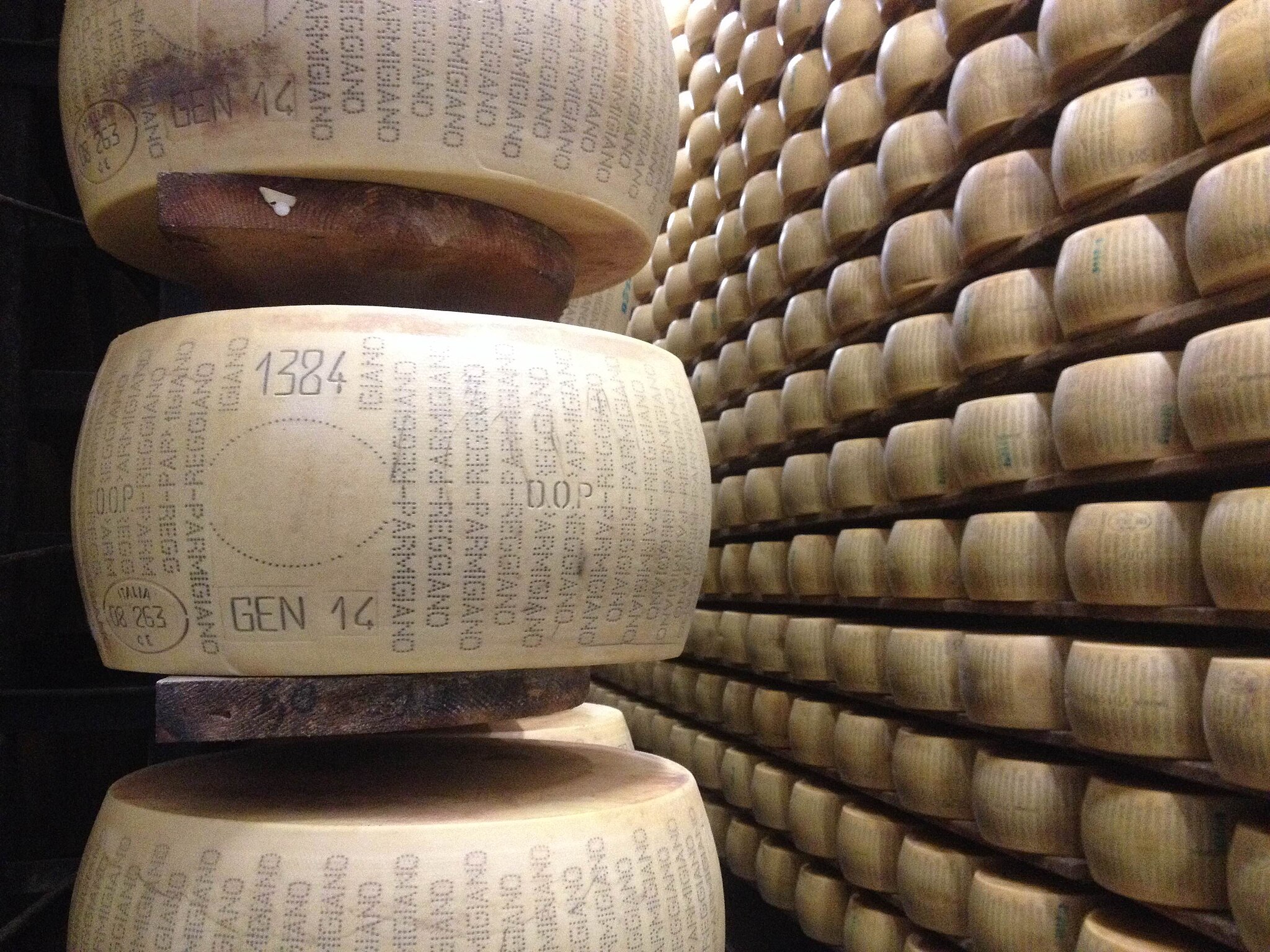The Truth About Monosodium Glutamate (MSG)
Posted by Stelios on 23rd Sep 2023 Reading Time:
Have you ever wondered about MSG? Is it truly a headache-inducing culprit? Should you incorporate it in your recipes? Well, let me take you on a journey, backed by science, to discover the truth.

You've probably consumed Monosodium Glutamate (MSG) without knowing it. It's sprinkled in numerous ready-made dishes. Interestingly, the glutamate in MSG shares the same chemical composition as that found in everyday foods like Roquefort Cheese, Parmesan Cheese, Soy Sauce, green peas, and tomatoes. It's fascinating how adding this crystalline substance can give a savoury touch to soups, stews, and even stocks. It does magic akin to salt – amplifying other flavours. Have you ever tried tomato soup sprinkled with MSG? It tastes more... well, tomato-y. I have a jar of it in my spice cupboard; it's brilliant on steaks, grilled chicken, fajitas, and even scrambled eggs. Fancy that!
I can almost hear the collective gasp: "But isn't MSG harmful? I've heard it causes migraines, asthma, and a plethora of symptoms!" And then some of you might be thinking, "Finally, someone's busting the MSG myth. It's all psychological!" Well, hold your horses. Both sentiments need to be investigated with facts.
A Brief MSG History
Discovered by Japanese biochemist Kikunae Ikeda in 1908, MSG was extracted to identify what made the Japanese broth, dashi, so tantalisingly savoury. The secret? Glutamic acid present in kombu, a type of giant sea kelp. Ikeda introduced the world to 'umami' – the fifth taste after sweet, salty, sour, and bitter. In no time, crystalline MSG extracted from seaweed was available under the brand Aji-no-moto. These days, due to its soaring demand, MSG is typically synthesised.
Image Source: FASTILY, CC BY-SA 4.0, via Wikimedia Commons
However, the tale took a twist in the late 1960s. But, to delve deeper into that, check out our extended article on exploring monosodium glutamate.
The "Chinese Restaurant Syndrome" Myth
The term sprang up in 1968, prompted by a speculative letter in the New England Journal of Medicine. The writer, Dr Robert Ho Man Kwok, wondered if his sensation post-Chinese meals were due to MSG. Without much evidence, the narrative spread like wildfire, and the dreaded 'MSG-phobia' was born. Thankfully, the racially tinged term has evolved to "MSG Symptom Complex".
Recently, many have asserted that MSG is harmless. But do they, like their predecessors, also misinterpret the scientific data?
The Scientific Verdict
Early research, such as Dr. John Olney's 1970 study, reported detrimental effects on infant mice given massive MSG doses. However, these quantities were unrealistic for human consumption. Subsequent research has largely debunked these findings. For instance, studies found that MSG's adverse effects were negligible even in a high dose, especially when consumed with food.
However, there might be some truth for those who identify as MSG-sensitive. A 2000 study showed that a sensitive subgroup did exhibit adverse reactions when large MSG doses were taken on an almost empty stomach. Hence, MSG Symptom Complex does exist for a tiny fraction of the population.
But What About Other Foods?
Many foods naturally brimming with glutamic acid raise a question: Why aren't those who claim sensitivity to MSG also sensitive to such foods? Consuming glutamic acid-rich food, like Parmesan, with other foods, might be the answer. Jeffrey Steingarten, a renowned food correspondent, theorised that the spike in reported MSG sensitivity decades ago might have stemmed from having MSG-rich soups on empty stomachs. And while Chinese meals might be rich in MSG, other ingredients like peanut oil, shellfish extracts, or certain herbs could be the triggers. However, this is mere speculation, as no current scientific data supports this notion.
Image Source: Wittylama, CC BY-SA 4.0, via Wikimedia Commons
| Food | Glutamic Acid Content (mg/100g) |
| Parmigiano-Reggiano | 12,000 |
| Sardines/Anchovies | 2,800 |
| Tomato Juice | 2,600 |
| Soy Sauce | 2,100 |
| Tomatoes | 1,440 |
| Pork | 1,220 |
| Beef | 1,070 |
| Chicken | 760 |
|
Mushrooms |
670 |
To Cook or Not with MSG?
So, is MSG a worthy kitchen companion? It is fine for most, especially if paired with other foods. Even for the sensitive few, the effects are mostly fleeting discomforts without lingering consequences. The key is not overusing and using it correctly in the right foods.
Sources:
If MSG is so bad for you, why doesn't everyone in Asia have a headache?
Brain Damage in Infant Mice following Oral Intake of Glutamate, Aspartate or Cysteine
Monosodium L-glutamate: A double-blind study and review
Questions and Answers on Monosodium glutamate (MSG)



